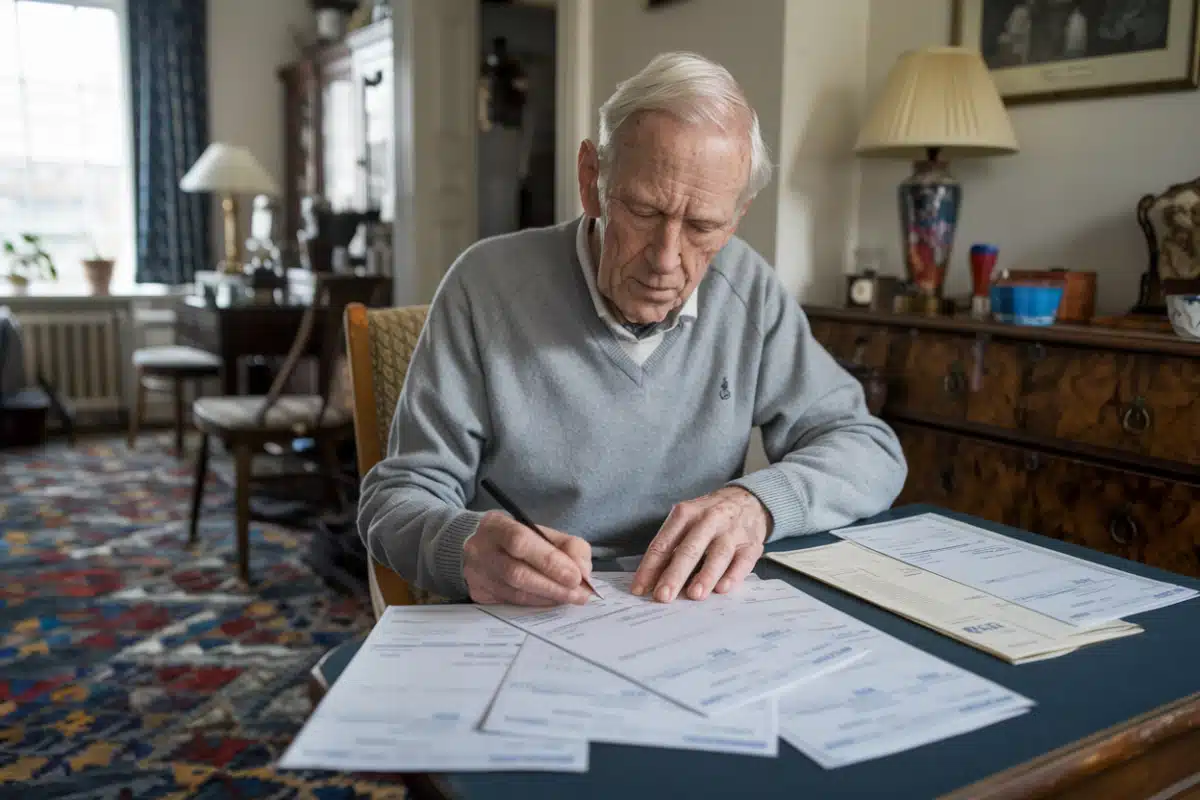The proposed fee hike has sparked debate over its implications for homeowners and the housing market. While intended to improve the efficiency of council planning services, many questions whether the move addresses broader systemic challenges in housing and development.
Fee Increase Aims to Bolster Council Planning Services
The UK government has announced plans to raise planning application fees from £258 to £528, a move described as crucial for improving the financial sustainability of local planning authorities. According to government spokespeople, the current fee structure forces councils to subsidize planning services from broader budgets, undermining their ability to efficiently process applications.
Better-funded planning agencies will be crucial to achieving national housing goals, such as building 1.5 million new dwellings, according to proponents of the fee increase. Legal expert Alistair Watson underlined the need of a robust planning system for the social, economic, and environmental well-being of the country.

Critics, however, question the efficacy of this measure. Stuart Tym of Knights law firm raised concerns about the lack of earmarking for the additional revenue, suggesting that funds may be absorbed into general council budgets rather than directly enhancing planning services.
Concerns Mount Over Potential Unintended Consequences
The proposed fee increase has drawn criticism for its potential to discourage legal development and exacerbate housing challenges. Property consultant John Howard cautioned that higher costs might deter homeowners from seeking necessary permissions, potentially driving an uptick in unauthorized construction.
“It seems a very odd route to take when you try to encourage homeowners to increase the housing stock available. It’s another extra cost for people looking to bring vacant properties back into use – something that is hugely important if we’re going to improve the housing situation for many people in the UK” Mr Howard said.
This sentiment was echoed by Joseph Lane of Mortgage Lane, who highlighted the paradox of introducing additional financial burdens while encouraging the conversion of empty properties into homes. Chris May, of Freeths law firm, labeled the cost calculation arbitrary, further fueling skepticism over the measure’s fairness.
The Ministry of Housing, Communities & Local Government acknowledged the possibility of unintended consequences, including increased unauthorized development. However, they assert that the fee hike is a fair reflection of the actual costs incurred by councils and will help address recruitment and retention challenges among planning officers.
“We recognise that an unintended consequence of an increased fee may be increased unauthorised development. Local planning authorities have responsibility for taking whatever enforcement action may be necessary.” they added.









